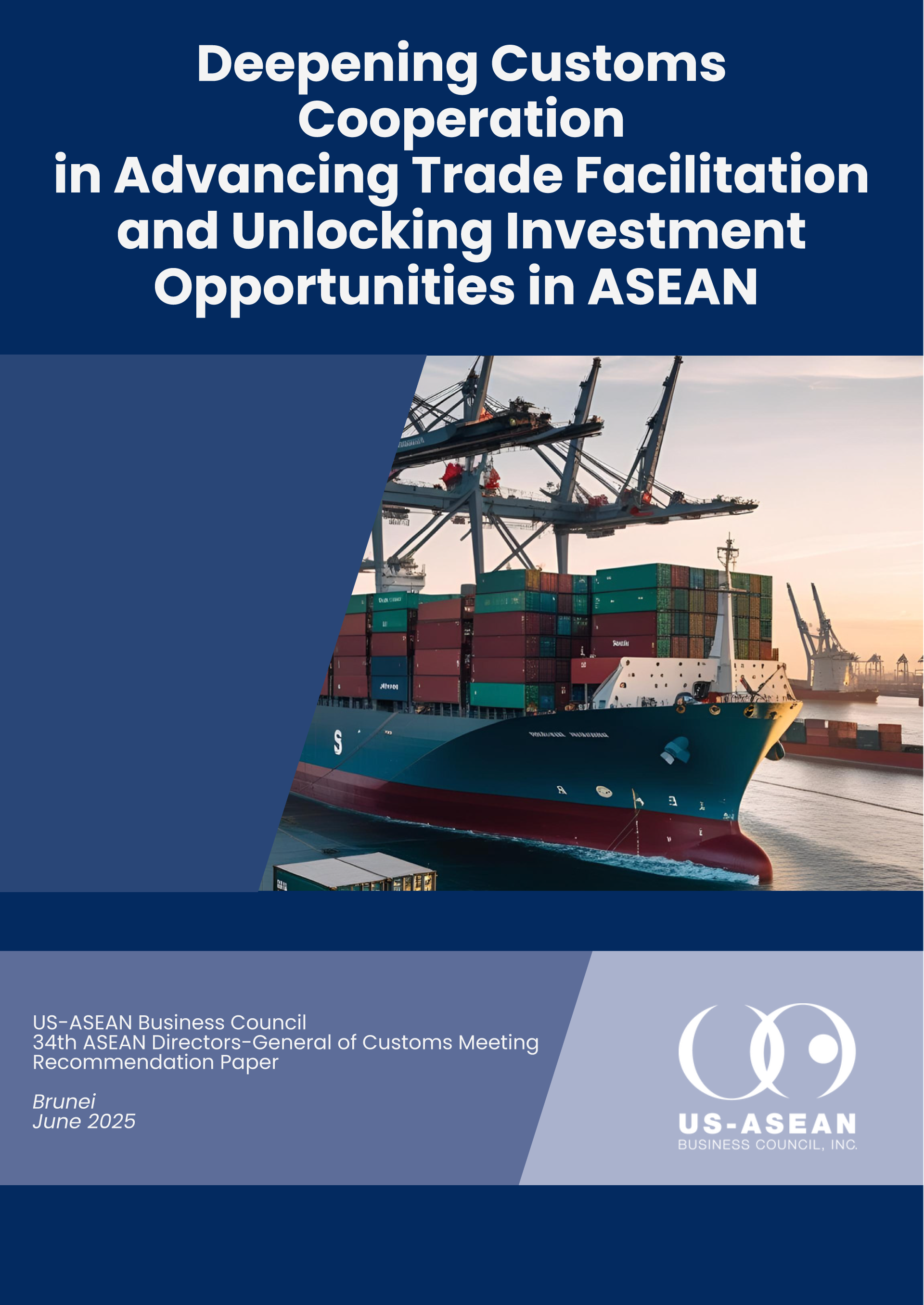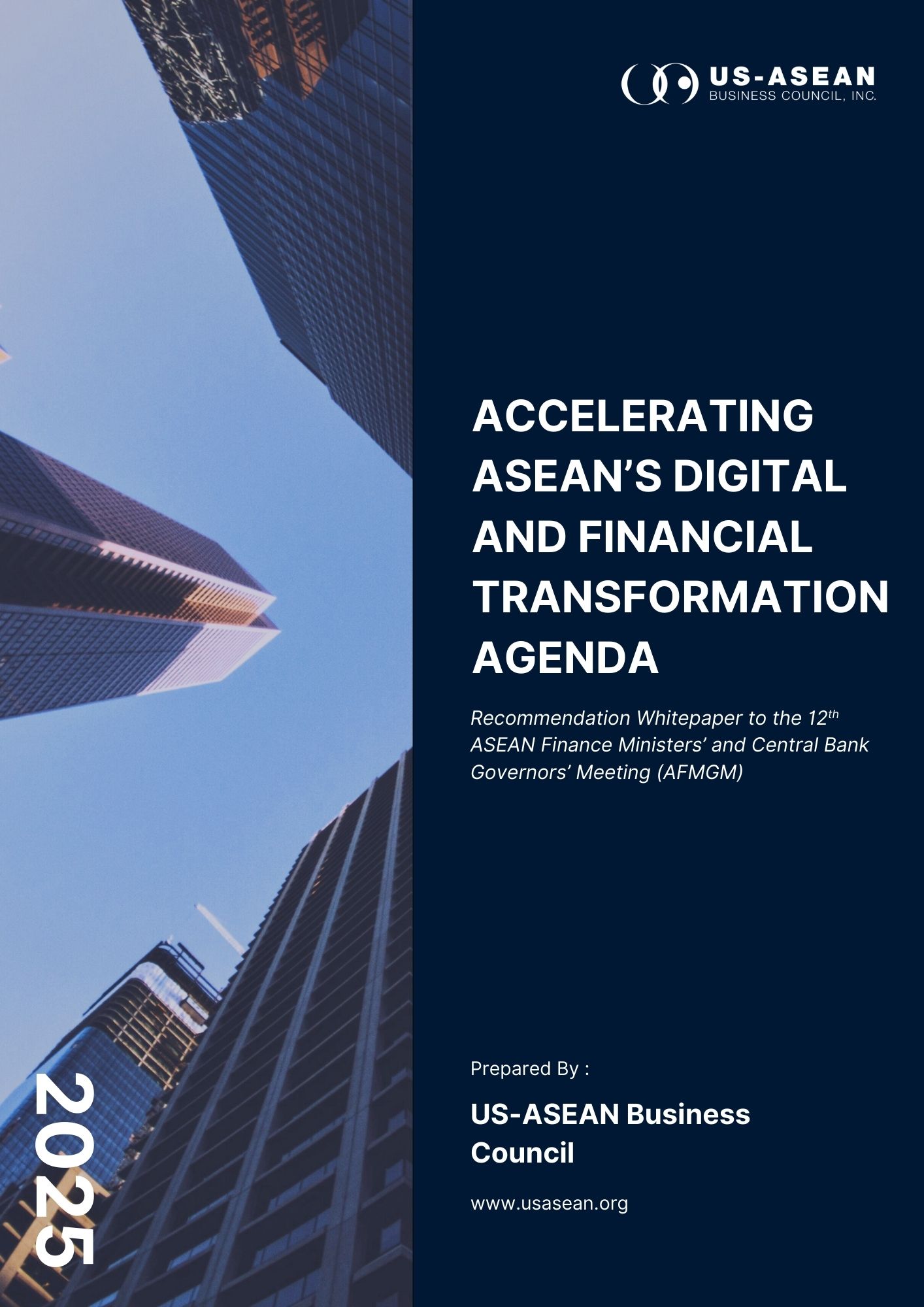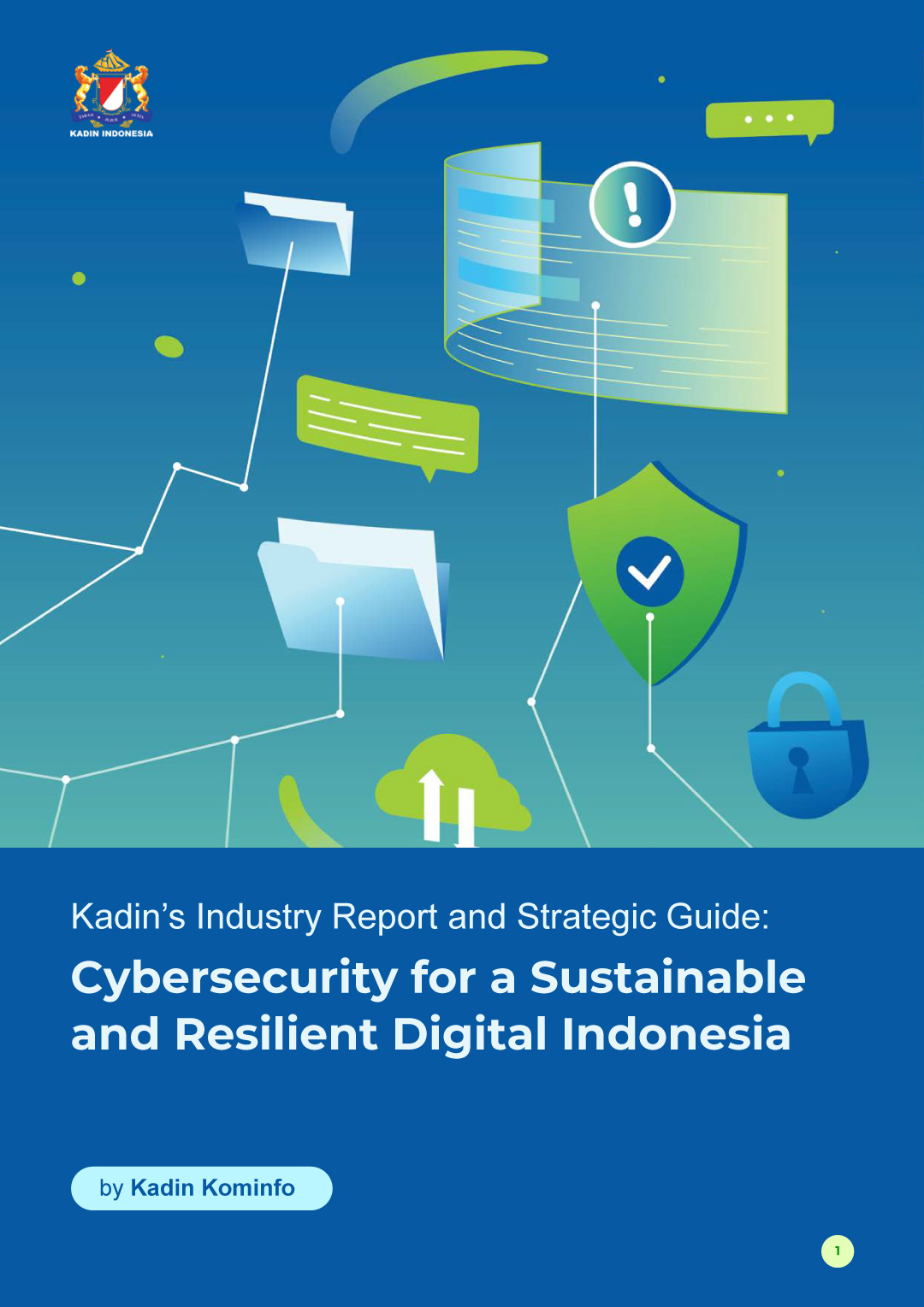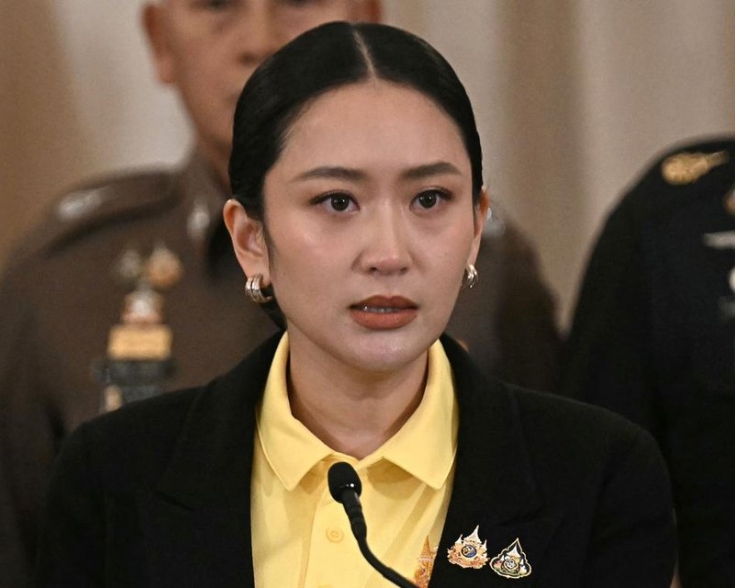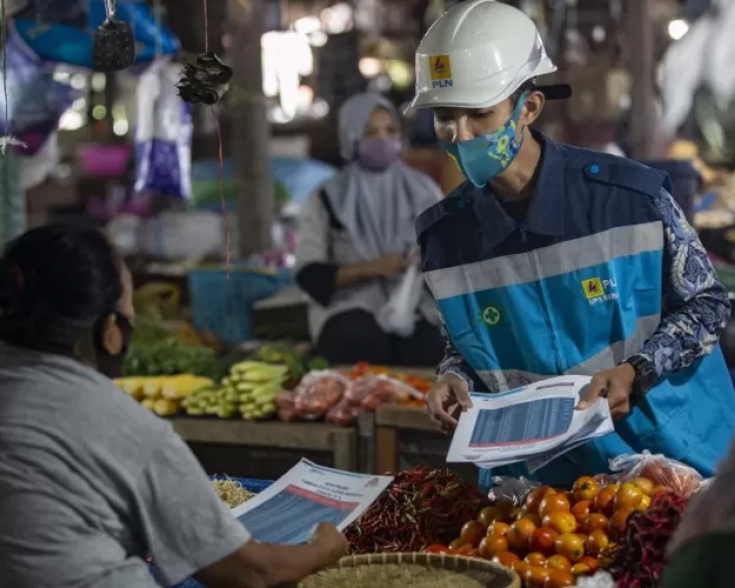Tharman Shanmugaratnam Announces Plans to Run for the Presidency

After more than two decades as a key policymaker in the city-state, on June 7th Senior Minister Tharman Shanmugaratnam announced his plans to run for Singapore’s presidency and retire from all his current government positions, including Coordinating Minister for Social Policies, Chairman of the Monetary Authority of Singapore, and Deputy Chairman of the GIC Sovereign Fund. This comes after President Halimah Yacob said that she will not run for a second term. An economist by profession, Tharman is a well-known figure in Singapore and in the international stage. He was Singapore’s Deputy Prime Minister from 2011 to 2019 and previously served as finance minister and education minister. He was also the first Asian Chair of the International Monetary and Financial Committee, the IMF’s key policy forum. Prime Minister Lee called Tharman’s departure from the People’s Action Party (PAP) “a heavy loss” but remains confident that his colleague will carry out the duties of the president scrupulously. Analysts say that Tharman’s candidacy can reinforce the legitimacy of the office given his stature and undeniable formidability. Singapore’s next Presidential Election must be called by September 13, with President Halimah’s six-year term expiring on that day. Currently, George Goh, founder of Harvey Norman Ossia, has thrown his name in the ring.
Tharman’s announcement to run and his departure from the cabinet paves the way for the fourth generation (4G) leadership to take on new appointments. Within Government, key leadership changes in several ministries and statutory boards of Singapore were announced by the Public Service Division (PSD) in March. The following are of note: Effective May 1, former EDB Chairman Dr. Beh Swan Gin joined the Ministry of Trade and Industry (MTI) as Permanent Secretary of Development. Concurrently, current MTI Permanent Secretary Gabriel Lim was re-designated as Permanent Secretary (Policy). To this effect, Png Cheong Boon succeeded Dr. Beh as Chairman of the Economic Development Board (EDB) and former MTI Permanent Secretary (Development) Lee Chuan Teck was appointed as Enterprise Singapore’s (ESG) new Chief Executive, replacing Png. Similarly, on June 1, Goh Wei Boon, former Chief Executive at the Center for Strategic Infocomm Technologies (CSIT), also began his role as Chief Executive of the Government Technology Agency (GovTech), succeeding Kok Ping Soon. Kok was then appointed as the Singapore Business Federation’s (SBF) new Chief Executive Officer.

